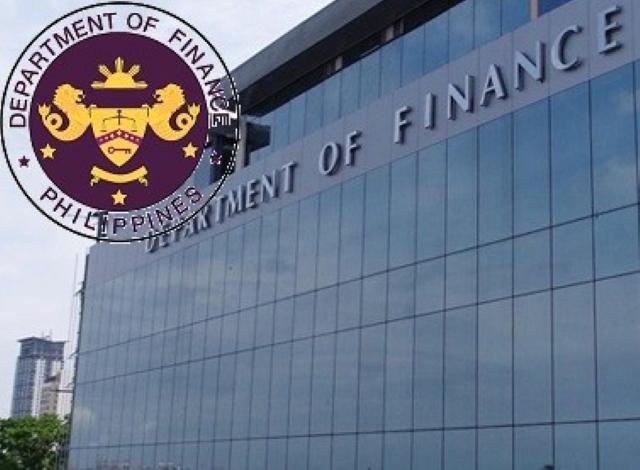DOF: Gov’t expects to collect P102.12B from VAT on foreign digital services in 5 years

The newly imposed 12% value-added tax on digital services provided by non-resident or foreign entities is expected to generate over a hundred billion pesos in revenues for the government in the next five years, the Department of Finance (DOF) said Wednesday.
In a statement, the DOF said that, with the VAT on foreign digital service providers in place, it expects to collect P102.12 billion from 2025 to 2029.
In 2025 alone, at 50% compliance, the Finance Department is estimating revenues amounting to P7.25 billion.
Early Wednesday morning, President Ferdinand Marcos Jr. signed Republic Act 12023 which imposes a 12% VAT on foreign digital services.
The DOF said tax to be collected from non-resident digital service providers “will be channeled into projects that directly benefit the Filipino people, such as building more schools, roads, and hospitals as well as supporting vital socio-economic programs.”
In the next five years following the law’s effectivity, the agency said that 5% of the collected revenues will be used exclusively for the local creative industries' development to foster innovation and empower the next generation of Filipino creators and entrepreneurs.
For his part, Finance Secretary Ralph Recto welcomed the enactment of the law as it is seen to ensure equitable tax treatment on all digital businesses providing services in the Philippines and boost much-needed revenue collections to aid national development.
Recto said the law levels the playing field between local and foreign digital service providers as, at present, only local digital service providers are subject to paying 12% VAT.
Digital services include online search engines, marketplaces, cloud services, online media, online advertising, and digital goods.
“This is not a new tax mechanism. We are just merely correcting the current system that creates an unfair advantage to foreign digital service providers and weakens the country’s tax base, forgoing much-needed revenues that could have been used to fund crucial public services, infrastructure, and other socio-economic programs,” said Recto.
“By doing this, we foster fairness, competition, and inclusion in our tax system and marketplace. Whether you are a local entrepreneur or a global giant, everyone will play by the same rules,” added the Finance chief.
The new law strengthens the Bureau of Internal Revenue’s (BIR) authority to collect the value-added tax on digital services by providing measures on how foreign digital service providers can comply with the VAT requirements under the Philippine Tax Code.
Under the law, foreign digital service providers whose gross sales or receipts for the past year have exceeded P3 million are required to register for VAT.
Non-resident digital service providers are a;s required to designate a representative office or agent —a resident corporation registered under Philippine law to assist in compliance with the provisions of the Tax Code. Non-compliant businesses will be temporarily suspended.
In the interest of public service delivery, a 5% value-added tax is imposed on registered foreign digital service providers providing services to the government.
In support of the Marcos administration’s priority to keep education accessible and affordable for all, the law exempts educational services, including courses, webinars, and other digital educational offerings, from VAT.
Moreover, digital services sold on a subscription basis to educational institutions recognized by the Department of Education (DepEd), the Commission on Higher Education (CHED), and state universities and colleges (SUCs) are also not subject to VAT.
The DOF said there will be a transition period of 120 days from the effectivity of the law’s implementing rules and regulations (IRR) to enable the BIR to establish implementation systems before value-added tax is imposed on foreign DSPs.
The IRR will be promulgated 90 days from the effectivity of the Act.—AOL, GMA Integrated News




